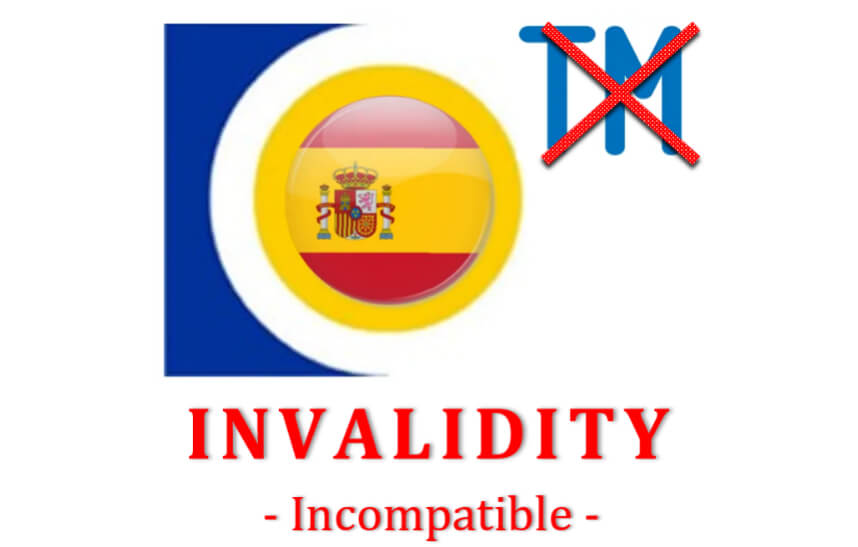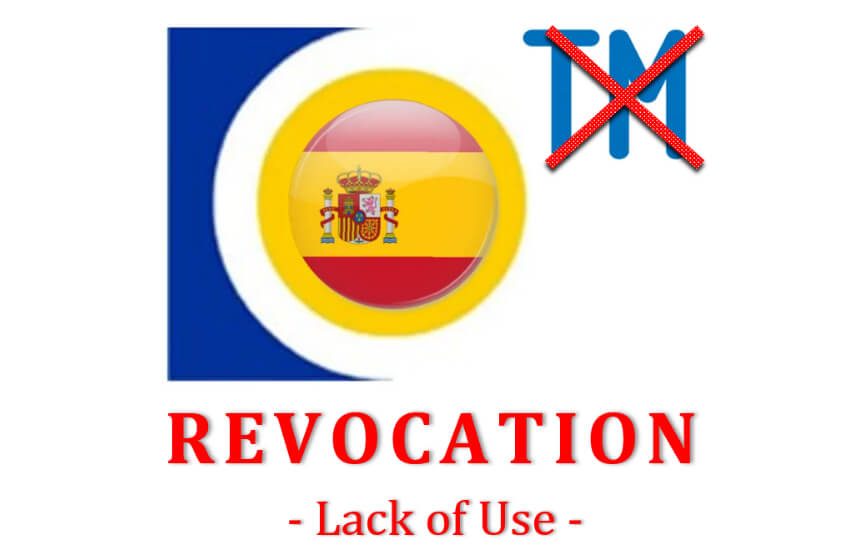In the world of innovation and entrepreneurship, protecting your assets through intellectual property is more than a formality; it is an essential strategy for success.
Also known as copyright or intellectual rights, is the heart that drives the innovative business machine, providing exclusive rights to your creations and contributing significantly to your economic potential.
Strategies to protect your copyrights
Understanding intellectual property (IP) is essential for any creator or entrepreneur. IP refers to creations of the mind: inventions, literary and artistic works, symbols, names and images used in commerce.
Safeguarding these assets not only protects against unfair competition, but also enhances your ability to profit financially.
Intellectual property registration and enforcement
One of the first and most critical strategies to protect your intellectual right is the registration of patents, trademarks, copyrights and industrial designs.
Registration grants a legal right over your creation and is the first step to ensure that you can defend it. In addition, it is vital to establish a surveillance system to detect and act against possible infringements in a timely manner.
Maximizing the value of intellectual property
Copyright should be part of your business strategy, not only as a defensive shield but also as a proactive tool to add value.
Licensing your intellectual assets, negotiating collaboration agreements and exploring monetization opportunities are ways in which you can maximize their economic potential.
Practical tips for managing intellectual rights
Intellectual property is an investment in your company's future. Developing a sound and consistent strategy to protect and manage your intellectual assets will not only ensure their integrity, but also enhance their contribution to the economic success of your business.
Follow these tips and strategies to strengthen your market position through effective copyright management.
IP education and culture in the company
Establishing an intellectual property culture within your organization is crucial. Make sure that everyone, from senior management to employees, understands the importance of IP and how its management affects the business.
Audit and evaluate intellectual assets
Conduct regular IP audits to identify undervalued assets and areas of risk. The assessment enables you to make informed decisions about protecting, managing and optimizing these assets.







